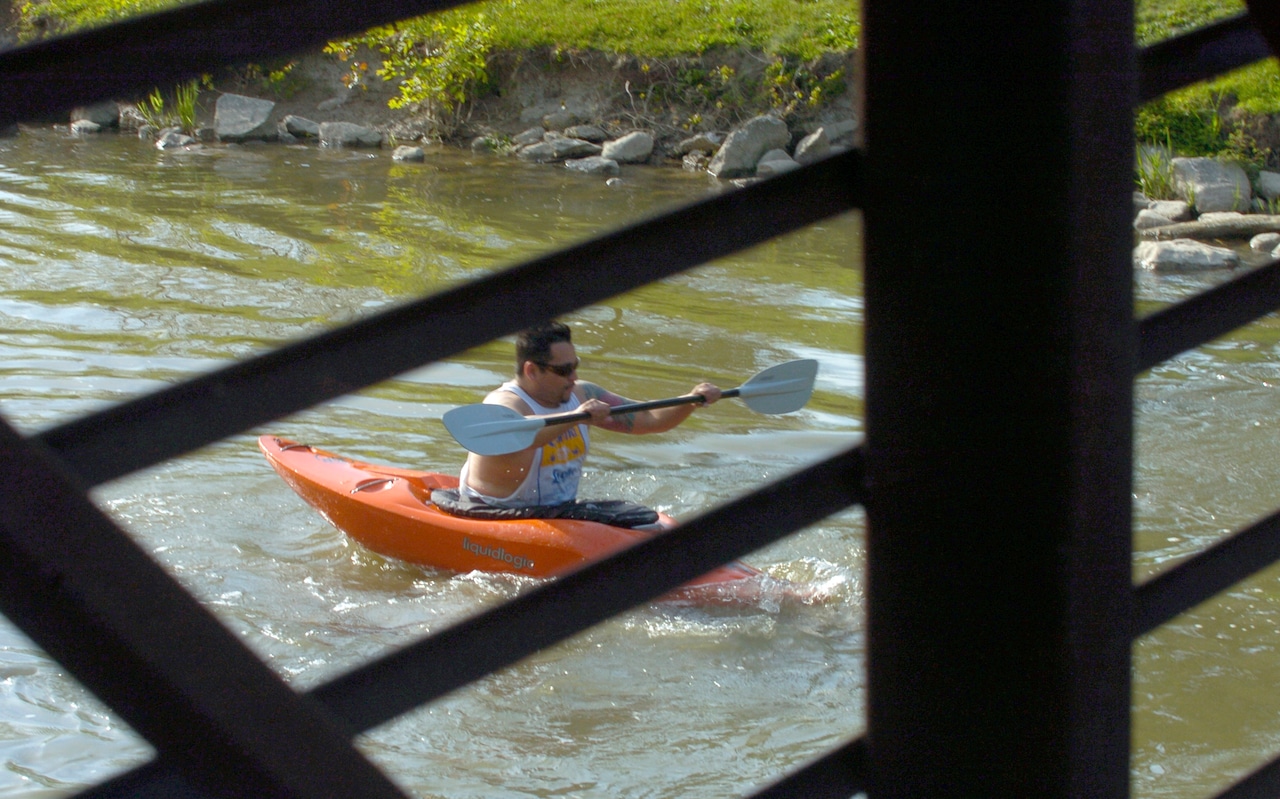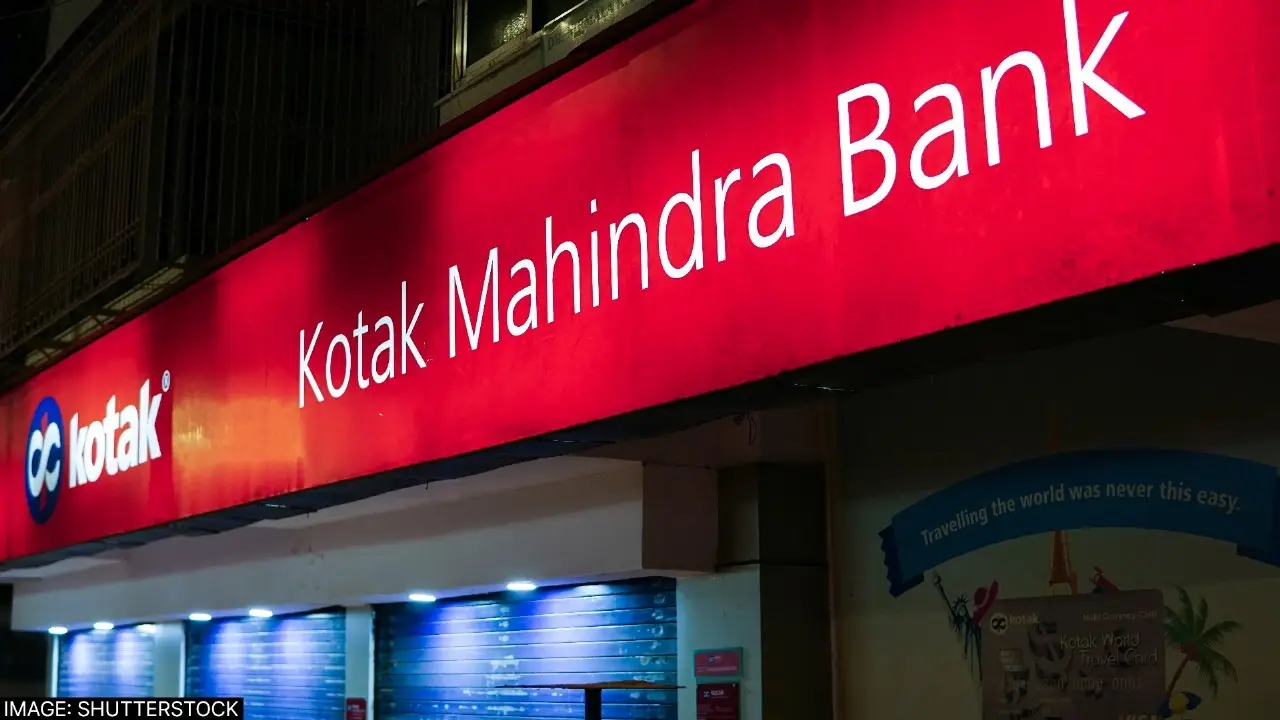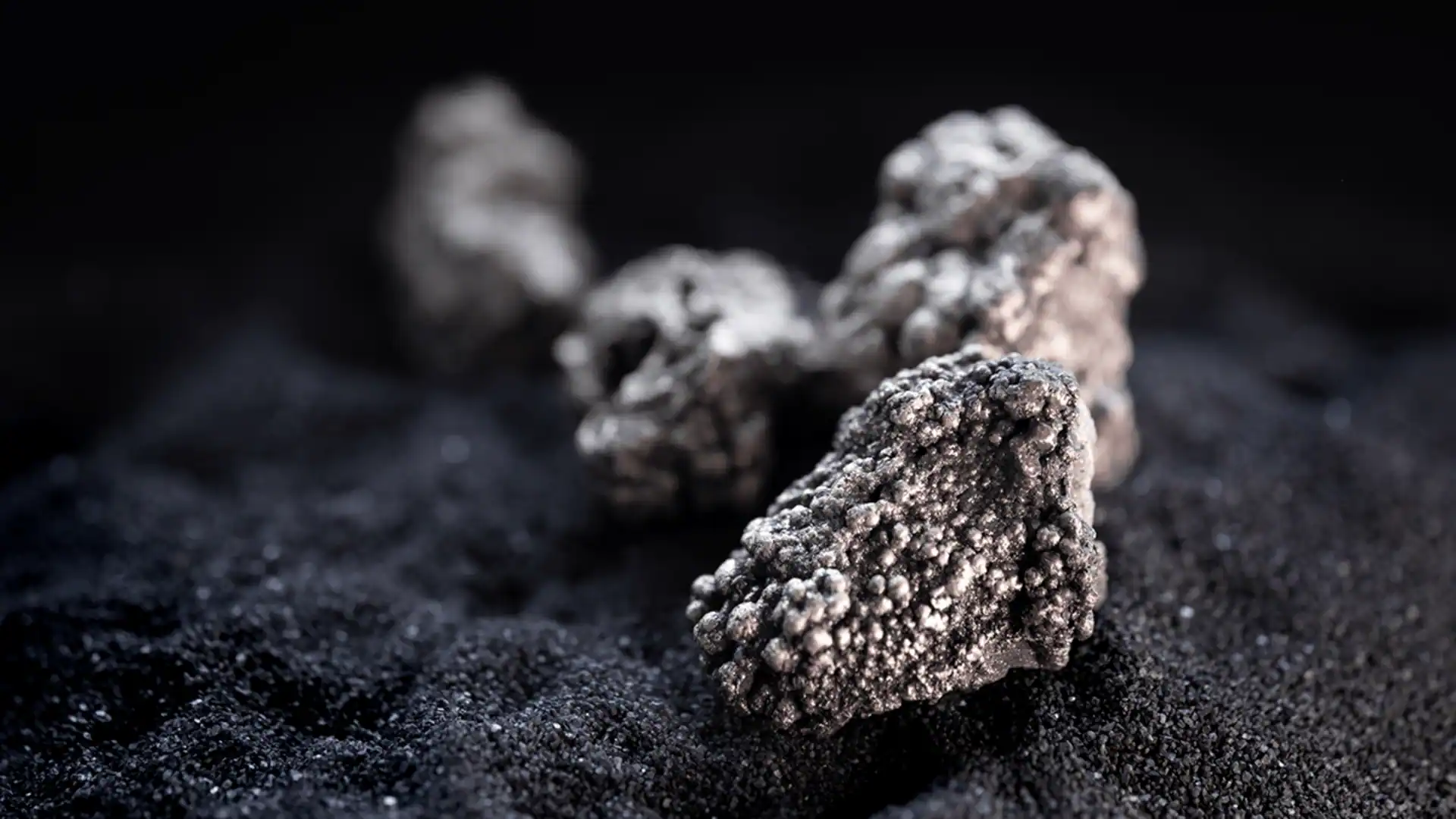Copyright M Live Michigan

LODI TWP., MI — While a 107-luxury home development has already gotten township site plan approval, Toll Brothers still needs to secure a set of environmental permits from the state. The luxury home builder is planning to install two private wastewater treatment plants on wooded land off Wagner Road to serve future homeowners in Arbor Preserve — North and Arbor Preserve — South. The public has opportunities to comment on the project’s environmental impacts, as Michigan Department of Environment, Great Lakes and Energy water resources officials review a set of environmental permit applications. Arbor Preserve — North would be located on the east side of South Wagner Road, between Waters and Scio Church roads. Arbor Preserve — South would be located on the north side of Waters Road, east of Wagner Road. Among other proposed impacts to wetlands, treated wastewater would be discharged into the Rouse drain, a creek that feeds into the Saline River and River Raisin. Other proposed impacts to wetlands include “the placement of fill, excavation of material, installation of two equalization culverts, installation of boardwalks, installation of stormwater outfall structures, and treated stormwater discharges,” according to EGLE. In addition, stream enclosures and site grading will also impact the stream. State environmental officials will review the proposed impacts to wetlands during a virtual public hearing at 6 p.m., Tuesday, Oct. 28. Those interested in attending the virtual hearing can join on Zoom at bit.ly/WRD102825. Preregistration is available through that link but not required. EGLE will continue to collect public comments on wetland impacts through Friday, Nov. 7. View related documents and submit written comments on EGLE’s MiEnviro Portal webpage of the Arbor Preserve development. Another virtual public hearing on the Toll Brothers application for a National Pollutant Discharge Elimination System surface water permit for the two wastewater treatment plants will be held at 6 p.m., Wednesday, Nov. 5. Those interested in attending the virtual hearing can join on Zoom at bit.ly/WRD110525. Preregistration is available through that link but not required. EGLE will continue to collect public comments on wetland impacts through Saturday, Nov. 15, 2025. View related documents and submit written comments on EGLE’s MiEnviro Portal webpage of the Arbor Preserve wastewater project. In a narrow 4-3 vote Monday, Oct. 20, the Lodi Township Board of Trustees approved final site plans, despite pushback from some residents and officials. The approval also involves making a second amendment to a court-ordered consent judgment, which originally arose in 2007 following a legal battle with a previous developer and was amended in 2023. There has been pushback, including from Livable Lodi, a grassroots community group opposed to the project. Concerns have included potential impacts on the environment, wells, and wellhead protection areas downstream. “This proposal continues to offer no public benefit and plenty of harm and health concerns,” according to the group. “Rare, imperiled wetland areas are proposed to be destroyed.” More than 50 residents signed a joint letter to EGLE opposing the permits. “The wastewater treatment plants will degrade the Rouse Drain and tributaries with toxins associated with treated sewage,” according to their letter. “They also pose profound risk to many acres of fragile forested wetlands that are classified as ‘imperiled’ at the state and global levels—with only remnants remaining." State Rep. Morgan Foreman urged EGLE to deny the permits “to protect our natural resources and the health of our residents and wildlife,” he wrote in a letter to EGLE officials. State Sen. Sue Shink urged EGLE to “reconsider” granting the permits, she wrote in a letter to EGLE. “I am particularly concerned about the use of private wastewater treatment plants and the risk to surrounding natural areas.” Toll Brothers looked at alternatives to discharging treated wastewater into surface waters, according to permit application materials. The company found the township limits sewer extensions and the soils are not suitable for individual septic systems for the homes. Furthermore, discharging in the ground water would also not be feasible due to the soils. “Therefore, it has been determined that a new surface water discharge wastewater treatment system is the only viable option for the proposed developments,” according to Toll Brothers. Want more Ann Arbor-area news? Bookmark the local Ann Arbor news page.



